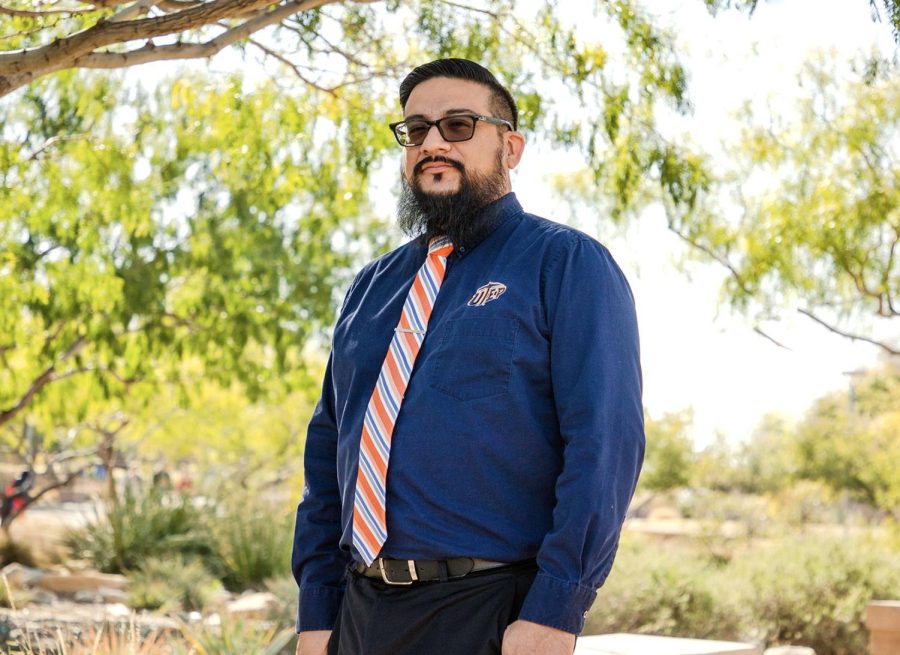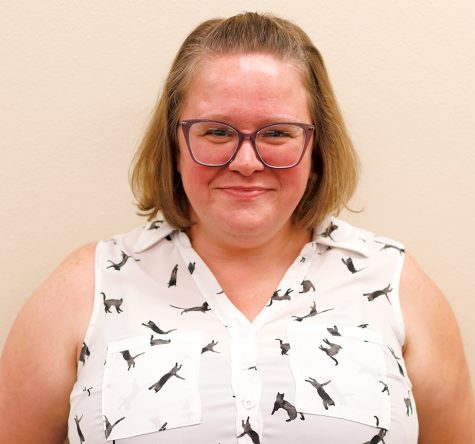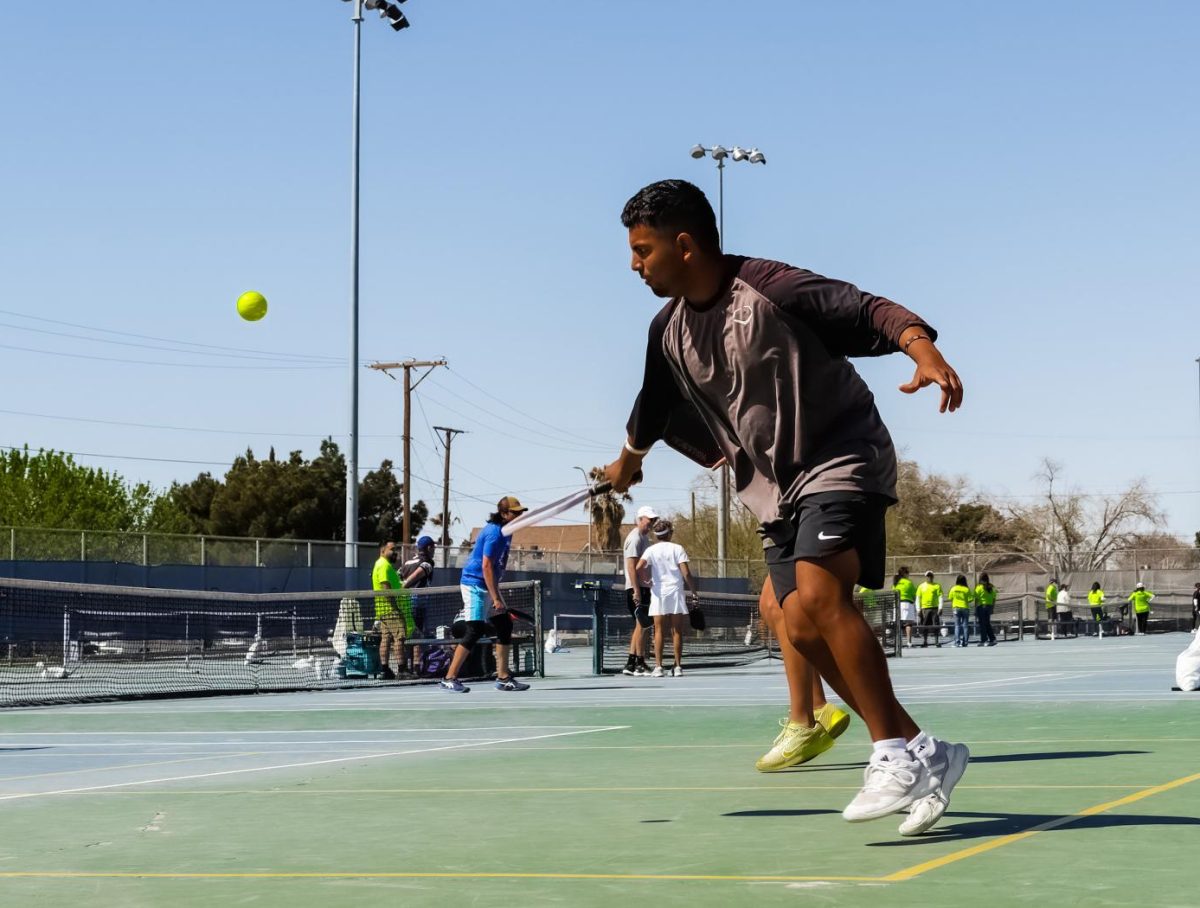David Sanchez, Training and Development Consultant in Human Resources at the University of Texas at El Paso, has been holding workshops on emotional intelligence and building stronger interpersonal relationships.
An El Paso native, Sanchez, got his professional start because he became a father so young.
Sanchez said that he was resistant to any kind of assistance at the time. It was not until a case worker that was working with his wife recognized how good of a dad he was and asked him to help as a educator to fatherhood.
“I’m a proud dad, happy husband, can’t complain,” Sanchez said. “But that’s how I got my professional start with, because again, somebody saw something in me.”
After doing fatherhood education, Sanchez moved to the non-profit sector at the Child Crisis Center of El Paso, where the focus was on abuse and neglect. He would do presentations for the community and for high school students on child abuse prevention.
During this time, he worked on his education, earning both his bachelors and his masters at the University of Phoenix. He later went into studying substance abuse trends before coming to UTEP.
When he began at UTEP and started training for the campus, he talked about some books that were given to him and the one that made an impact was called “Emotional Intelligence 2.0.” He felt like there was something about emotional intelligence that needed to be explored more.
“I really started in ‘99 and here we are in 2020, about 20 years later, and I’ve still found that in order to connect with people, you have to connect with them emotionally,” Sanchez said.
He breaks down how emotional intelligence can build a better work environment and makes people more socially aware of others. According to Sanchez, he tries to seek out understanding when interacting with others.
“I’ve always been a big advocate that personal experience and storytelling really connects,” Sanchez said. “It always connected with parents to know that ‘David was going through the same thing that I was going through,’ ‘If David could do it, I could do it.’”
Sanchez says that having that empathy to understand how we interact with one another can be beneficial. He adds that everyone will struggle, but the goal is to learn how to respond instead of reacting.
With graduation on the horizon, Sanchez has one message for those about to cross the stage.
“Stay focused and don’t ever feel like you’re not worthy enough to be in the role or the position that you have set forth for yourself to do,” Sanchez said. “The reason for that is because there’s going to be times where you might not feel like you’re going to achieve what you set out to achieve and you’re not reaching your personal goal, or maybe you set that goal too high.”
Kristen Scheaffer is a contributor and may be reached at [email protected].













